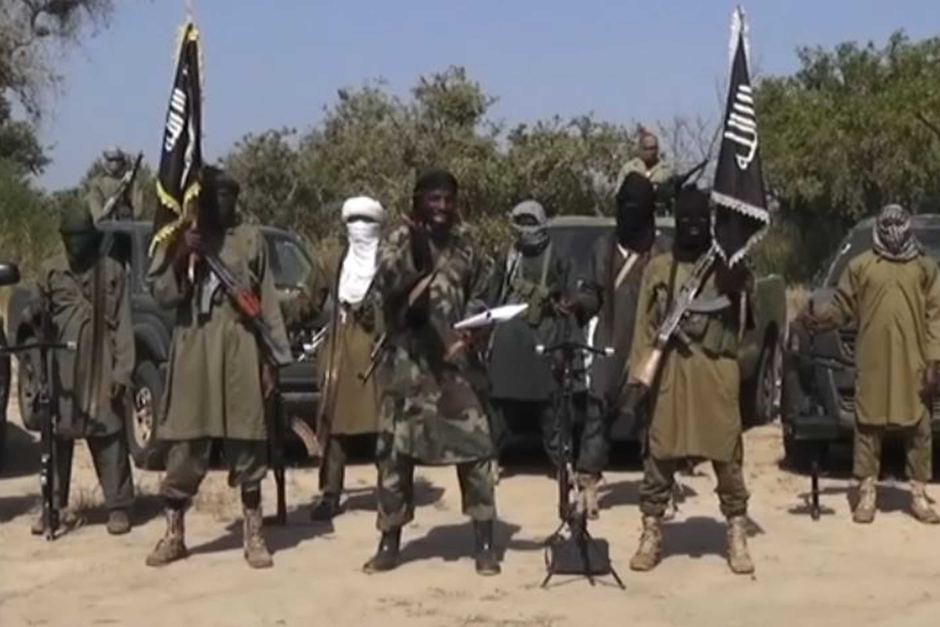According to insiders, at a meeting with President Muhammadu Buhari, the service chiefs said the December deadline given to them to completely rout out Boko Haram insurgents in the North east is not feasible after all.
The military top brass complained like their predecessors that their effort was being threatened by weather and logistics. They may therefore need an extension of time to end this monumental but intractable menace.
While no one is under the illusion that the insurgents could be wiped out immediately, one wonders what happened to former National security Adviser, Col Sambo Dasuki’s (rtd) “soft approach to countering terrorism” and the plethora of documents on counter-terrorism invested on by the last administration?
One recalls that in one day in February this year, three different documents: National Security Strategy, Counter Terrorism Strategy and Cyber Security Plan and Strategy were launched. It is sad that Nigeria invests and wastes resources on all manner of things when it should be clear that prevention is better than cure. Nigeria that has been fighting the Boko Haram since 2009, yet has not developed an “individual and collective consciousness and readiness to forestall, pre-empt, protect and defend the country against natural and man-made disasters.”
One wonders what happened to the “multi-sectoral, domestic and international approaches, efforts and cooperation,” beside the humongous amount of money seized from gun-running clerics and the extra-budgetary $1bn approved by the National Assembly at the twilight of Jonathan’s tenure.
Terrorism continues to inflict pain and sufferings on people with daily casualty figure that denies us our humanity. We hide these psycho-social and physical stigmas under ideology and fundamentalism. Countering this scourge is in our national interest.
An article by Julia McQuaid and Patricio Asfura-Heim in ‘Real Clear Defence’ succinctly addressed the question, “Why Counterterrorism Operations Alone Cannot Defeat Boko Haram”. The writers underscored the Nigerian government’s narrative which is anchored on pulverising and capturing fighters.
While on a few occasions, we have succeeded in decimating Boko Haram’s leadership and rank and file, it has often led to resurgence of insurgency with Boko Haram becoming more daring, adaptive and highly resilient by killing more unarmed civilians. Arbitrary dragnet arrests, collective punishment, illegal detentions, and in some instances extra-judicial killings have been recorded that Amnesty International feasts on.
While there may continue to be short-term military victories against Boko Haram, government must address the underlying root causes and systemic weaknesses that have repeatedly given rise to Boko Haram and similar groups, it is unlikely the cycle of conflict in the northeast will be stopped.
To truly put an end to the violence, the government needs to implement a comprehensive, whole-of-government approach that addresses the economic and social inequities, rampant unemployment, endemic corruption, poor governance, and weakened civil society which fuels rejectionist currents in the northeast and provides a robust recruitment pool for extremist groups. The Nigerian government’s response reflects an analysis of the conflict that is historically based, simplistic, and inaccurate—but convenient for those in power.
Winning the war is important but not many will support the idea of routing them and everything on sight. It is therefore consoling that the National Human Rights Commission (NHRC) has ordered the attorney-general to compensate each family of the slain squatters killed by SSS and Army at residence in Apo, Abuja, on September 20, last year. N5m will be paid to each of the maimed. When will this happen?
If we can’t win the war on the battle field, diplomacy will suffice. After all, it is a known tool for negotiation that if you cannot push through your way in a conflict situation, you either surrender or you trade-off. Since surrender is a shameful alternative, let us trade-off if that is the only way out. Sincerely, our soldiers have tried. But the killing field in Sambisa, Potiskum or Askira cannot be heroic graveyards.

